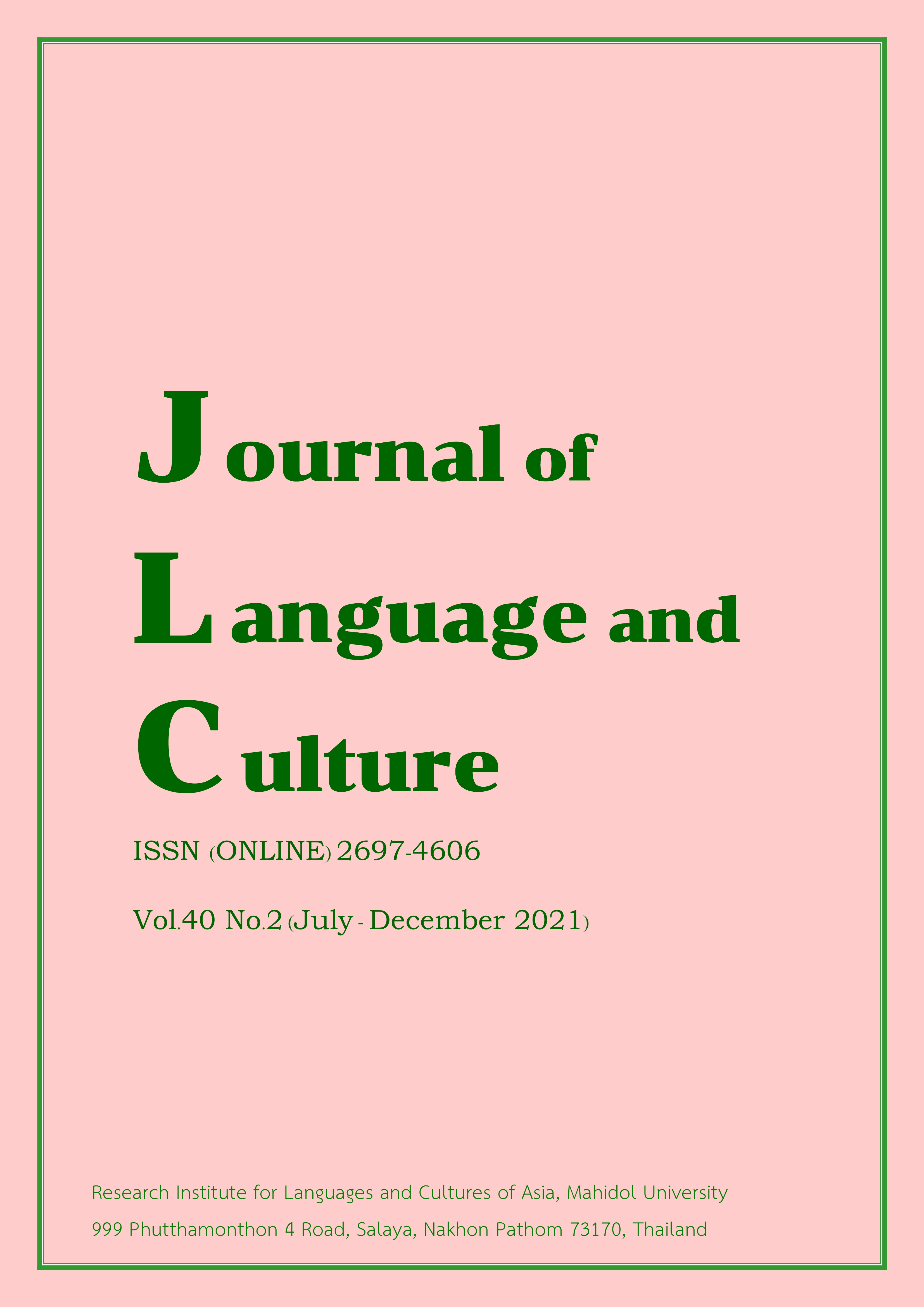An analysis of Chinese cultural identity conservation in Thailand through social institutions
Main Article Content
Abstract
The purpose of this article to study Chinese cultural identity conservation in Thailand through important social institutions by analyzing and synthesizing according to the perspective of concept and theory as well as critiquing for creating new description. This study found that social institutions have the following roles and functions: Firstly, family socialization,—the basic social institution—, is key to the socialization process and consists of direct and indirect inheritance, making it important in Chinese culture. Secondly, support of educational institutions provides knowledge and comprehension through academic activities and school subjects related to Chinese culture. Thirdly, concerning and conducting rituals, Chinese shrines play a role as a religion institution for Chinese Thais, and is a holy place for conducting important rituals as well as a meeting place for Chinese Thais. Fourthly, financial support from governmental organizations helps promote Chinese culture for tourism purposes and includes a tax refund policy during important Chinese festivals. Finally, in terms of festivals and the unity of Chinese ethnic associations, the role of associations is to conserve Chinese cultural identity among Chinese immigrants in Thailand. They also have a welfare role, for instance as foundations, offering scholarships and arranging festivals.
Article Details
The articles featured in the Journal of Language and Culture (JLC) constitute academic works representing the viewpoints of the respective author(s). It is crucial to note that these opinions do not necessarily reflect those of the Editorial Board.
All articles published in JLC are released under the Creative Commons Attribution 4.0 International License (CC BY 4.0). This license grants permission for unrestricted use, distribution, and reproduction in any medium, provided proper credit is given to the original author(s) and the source.


